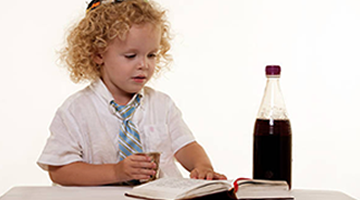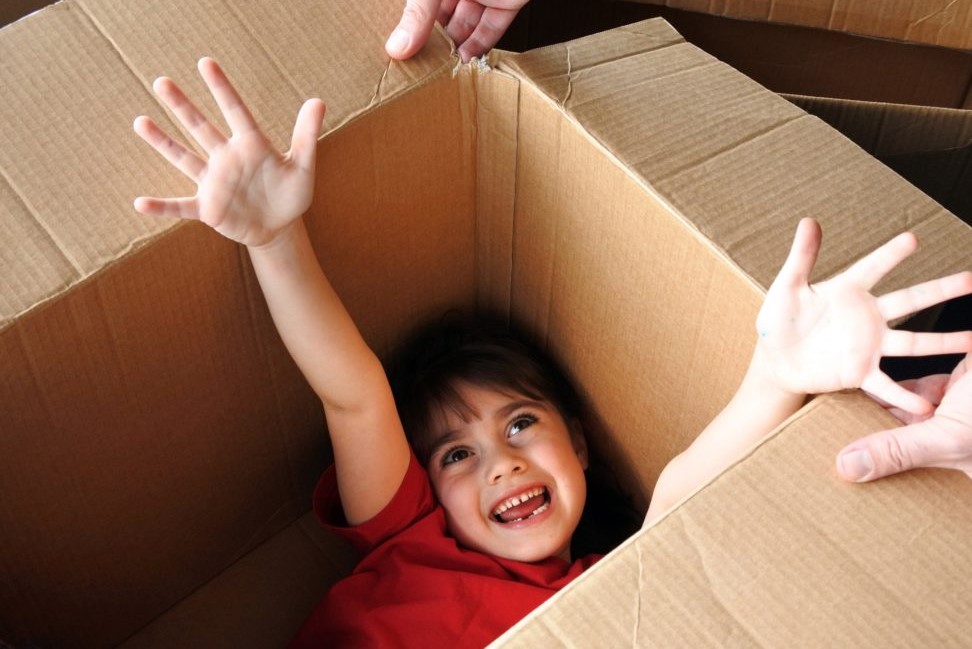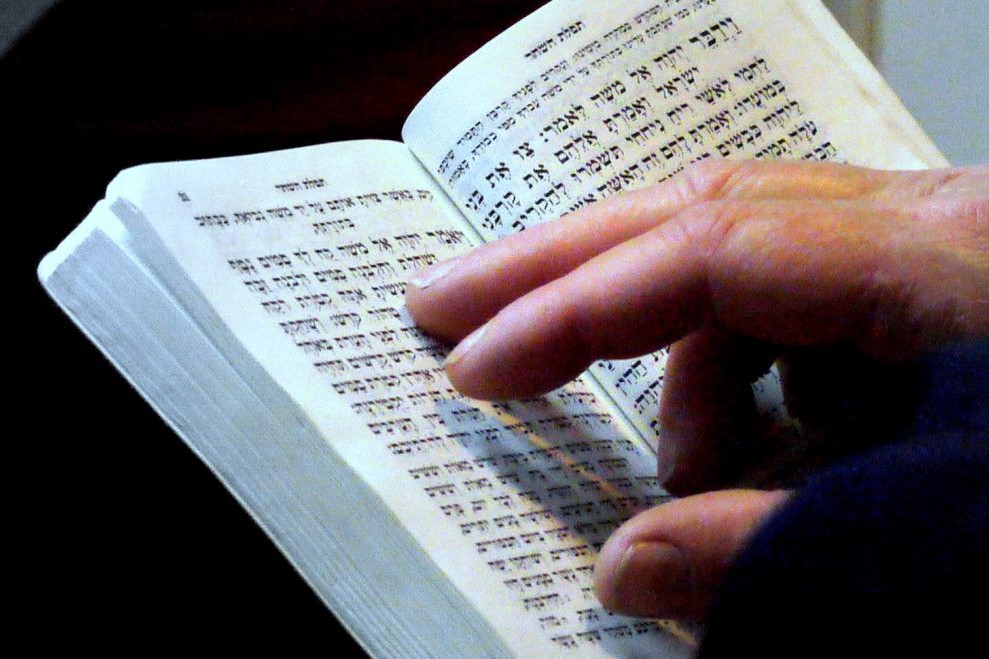Rabbi Dr. Jay Goldmintz 32 articles
Rabbi Dr. Jay Goldmintz has been a day school educator and administrator for more than thirty five years who currently teaches full time at Ma’ayanot Yeshiva High School. He is Educational Director of the Legacy 613 Foundation, runs tefillah education workshops for teachers and has served as an adjunct at Azrieli Graduate School. He is author of the Koren Ani Tefilla Siddur series, winner of the 2014 National Jewish Book Award









